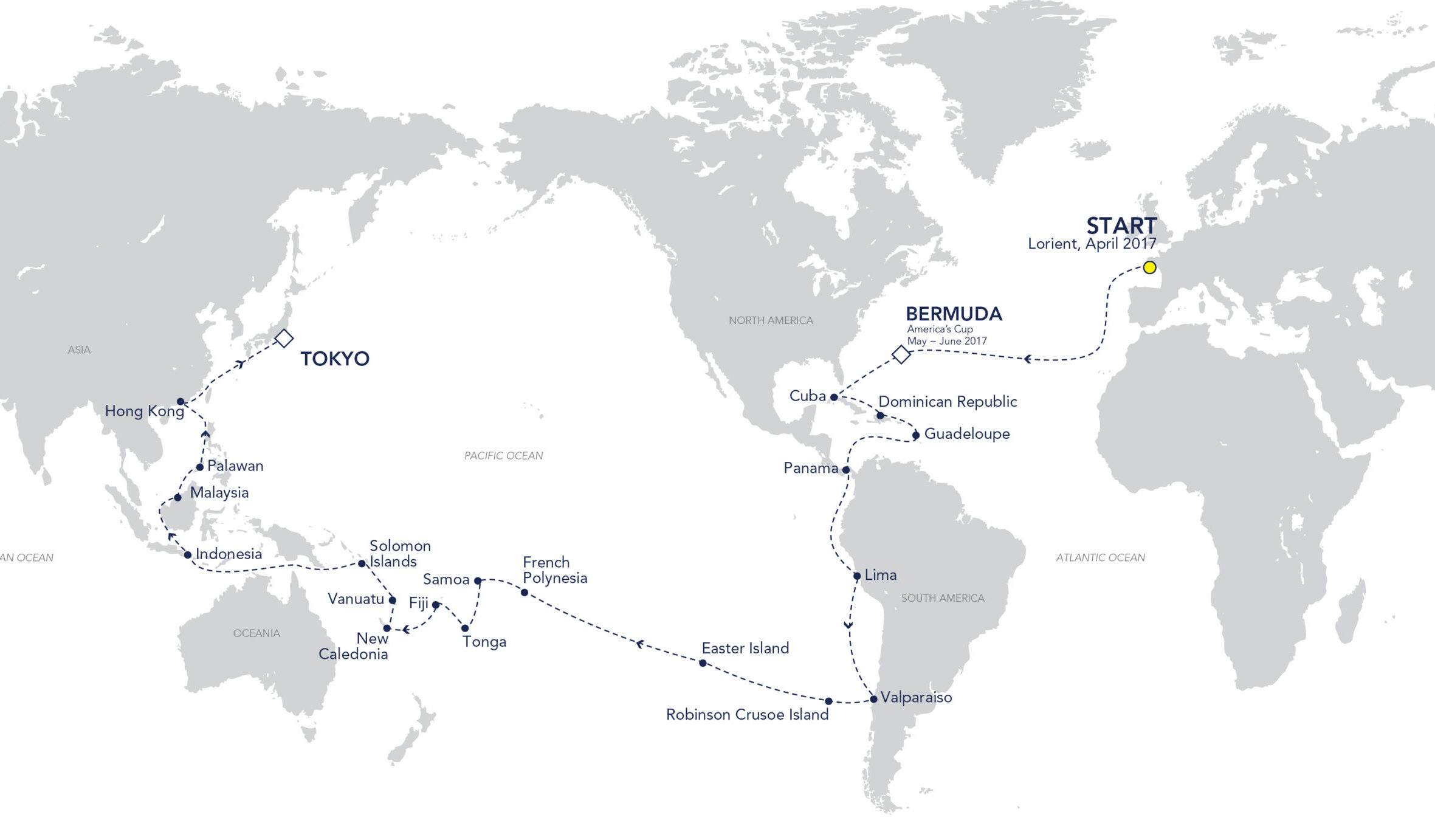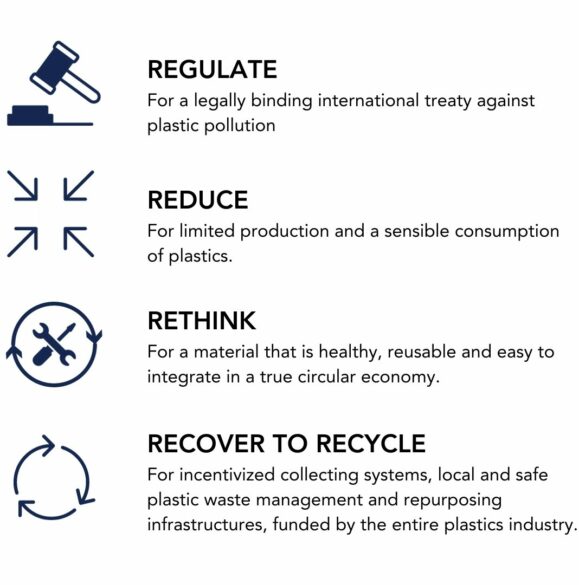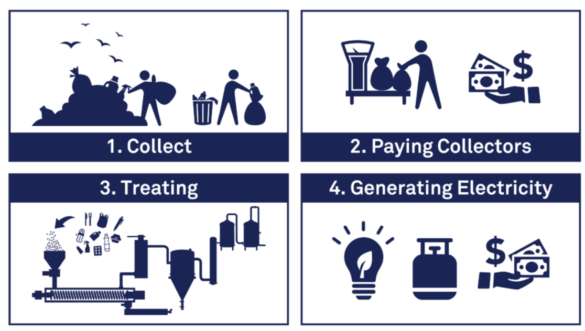The Race for Water Odyssey 2017–2020 took place aboard a revolutionary vessel, a true showcase for the energy transition. Thanks to its hybrid solar-hydrogen-kite propulsion system, we sailed the world’s oceans for over three years with full energy autonomy and zero emissions.
This iconic ambassador vessel allowed us to host scientific missions, highlight the magnitude of plastic pollution on ecosystems, and provide practical, effective solutions to prevent plastic waste from reaching waterways. Each stopover also offered the opportunity to investigate local conditions and meet key stakeholders in the fight against plastic pollution.

An ambassador for the energy transition, her only sources of energy being the sun, the wind and the ocean.
Tour of the vessel| OUR PROGRAMMES
LEARN – OUR SCIENTIFIC MISSIONS
Designed for scientific expeditions, the Race for Water vessel was fully refitted in 2016 to provide optimal working conditions on board. With 90 m² dedicated to science, as well as stability and energy autonomy, the vessel enabled teams of five to seven researchers specializing in ocean plastic pollution to embark on board. During the 2017–2020 Odyssey, no fewer than seven missions were carried out, contributing significantly to the advancement of scientific knowledge on ocean plastic pollution.
SHARE – OUR STOP-OVERS
During the 2017–2020 Odyssey, the Race for Water Foundation organized stop-overs around the world to raise public awareness and engage with local stakeholders through a traveling exhibition, conferences, and media activities. These stops, which could last from several weeks to several months, also allowed for field investigations to understand the specificities of each region and identify tailored solutions. By bringing together scientists, policymakers, industry leaders, and NGOs, each stop-over became a space for collaboration, working together to build a sustainable future for the ocean.
ACT – OUR DEMONSTRATION PROJECTS
During the 2017–2020 Odyssey, the Race for Water Foundation highlighted the urgent need to reduce our dependence on plastic and rethink our production and waste management practices. At certain stop-overs, working groups also explored demonstration projects for energy recovery, aiming to give value to plastic waste, encourage its collection, and protect the ocean at its source : on land.
Reducing our dependence on plastic
Changing our production and consumption patterns, promoting reuse, and minimizing plastic waste are absolute priorities. Making plastic products easily recyclable and ensuring their non-toxicity is an urgent commitment that must be taken collectively by the many stakeholders across the plastic production chain.
Since its creation and throughout its first two Odysseys, R4W has actively raised awareness among the public and decision-makers about the various ways to end our dependence on plastic — and why it is so crucial to do so.
R4W has also joined the coalition of NGOs working within the United Nations to secure an ambitious international treaty against plastic pollution. This step is essential to ensure the implementation of effective and appropriate solutions to tackle the many devastating global impacts of plastic.

Giving value to plastic waste to encourage its collection
As for end-of-life solutions for non-recyclable plastics, the Race for Water Foundation has studied pyrolysis. This promising technological process breaks down plastic molecules—without burning them—into synthesis gas or oil, which can be used to produce fuel, electricity, or even to create new polymers.
These technologies are still at the pilot stage and must be further refined and optimized to ensure minimal environmental impact. However, their ability to be implemented in small and medium-sized decentralized units could allow for local waste treatment, eliminating the need to transport millions of tons of waste—on land and at sea. This would foster new plastic waste management models that encourage collection, address the many limits of recycling, and avoid unacceptable solutions such as landfilling, incineration, or direct discharge into waterways.
The revenues generated could be used to pay collectors or reduce municipal waste management costs, thus providing economic, social, and environmental benefits to local communities.
During the second Race for Water Odyssey, several projects were launched to engage local stakeholders and assess the feasibility of implementing a pyrolysis solution.

"The Race for Water Foundation demonstrates that a zero-emission future is not a utopia, it is already becoming a reality. ONU is proud to support the global Odyssey of this innovative vessel. This adventure showcases the power of renewable energies and stimulates the search for new solutions to protect our oceans from plastic pollution."
– Erik Solheim, Executive Director of UN Environment (2016–2018)